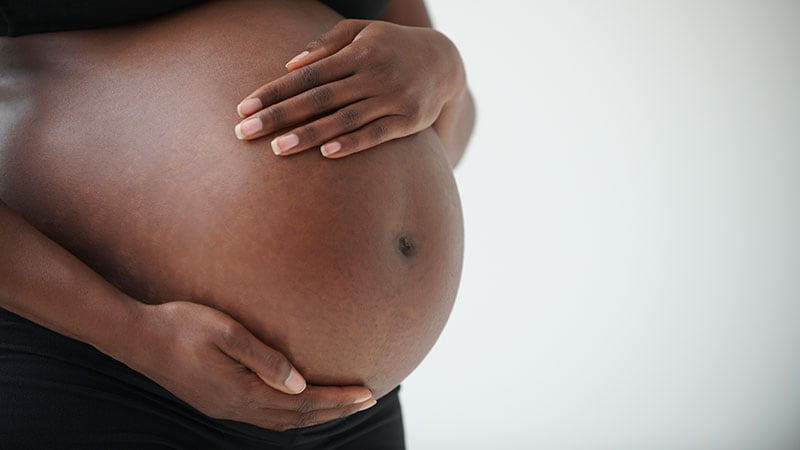Takeaway
- Children born to mothers with gestational diabetes and gestational hypertension had a higher BMI and higher odds of being overweight throughout childhood vs those born to women with uncomplicated pregnancy.
- The association becomes weaker after adjusting for maternal BMI.
- Preeclampsia was associated with a lower BMI in early childhood.
Why this matters
- For reducing childhood obesity, strategies should focus on maternal BMI instead of pregnancy complications.
Study design
- Individual participant data meta-analysis of 160,757 mother-offspring pairs.
- Funding: EU’s Horizon 2020 research and innovation programme.
Key results
- Gestational diabetes was associated with increased BMI throughout childhood vs uncomplicated pregnancies for:
- early childhood (age, 2-4.9 years): OR, 1.59 (95% CI, 1.36-1.86),
- mid childhood (age, 5.0-9.9 years): OR, 1.41 (95% CI, 1.26-1.57),
- late childhood (age, 10.0-17.9 years): OR, 1.32 (95% CI, 0.97-1.78).
- After adjustment for maternal BMI, the associations remained significant for early childhood (OR 1.35; 95% CI, 1.15-1.58) and mid childhood (OR, 1.12; 95% CI, 1.00-1.25).
- Gestational hypertension was associated with increased odds of overweight throughout childhood:
- for early childhood: OR, 1.19 (95% CI, 1.01-1.39),
- for mid childhood: OR, 1.23 (95% CI, 1.15- 1.32),
- for late childhood: OR, 1.49 (95% CI, 1.30-1.70).
- After adjustment for maternal BMI, the association was significant for late childhood (OR, 1.18; 95% CI, 1.03-1.36).
- Preeclampsia showed significant association with decreased BMI in early childhood only (difference in BMI standard deviation score: −0.05 [95% CI, −0.09 to −0.01]) even after adjusting for maternal BMI.
Limitations
- Variation in missing data, and loss to follow-up.
References
References


